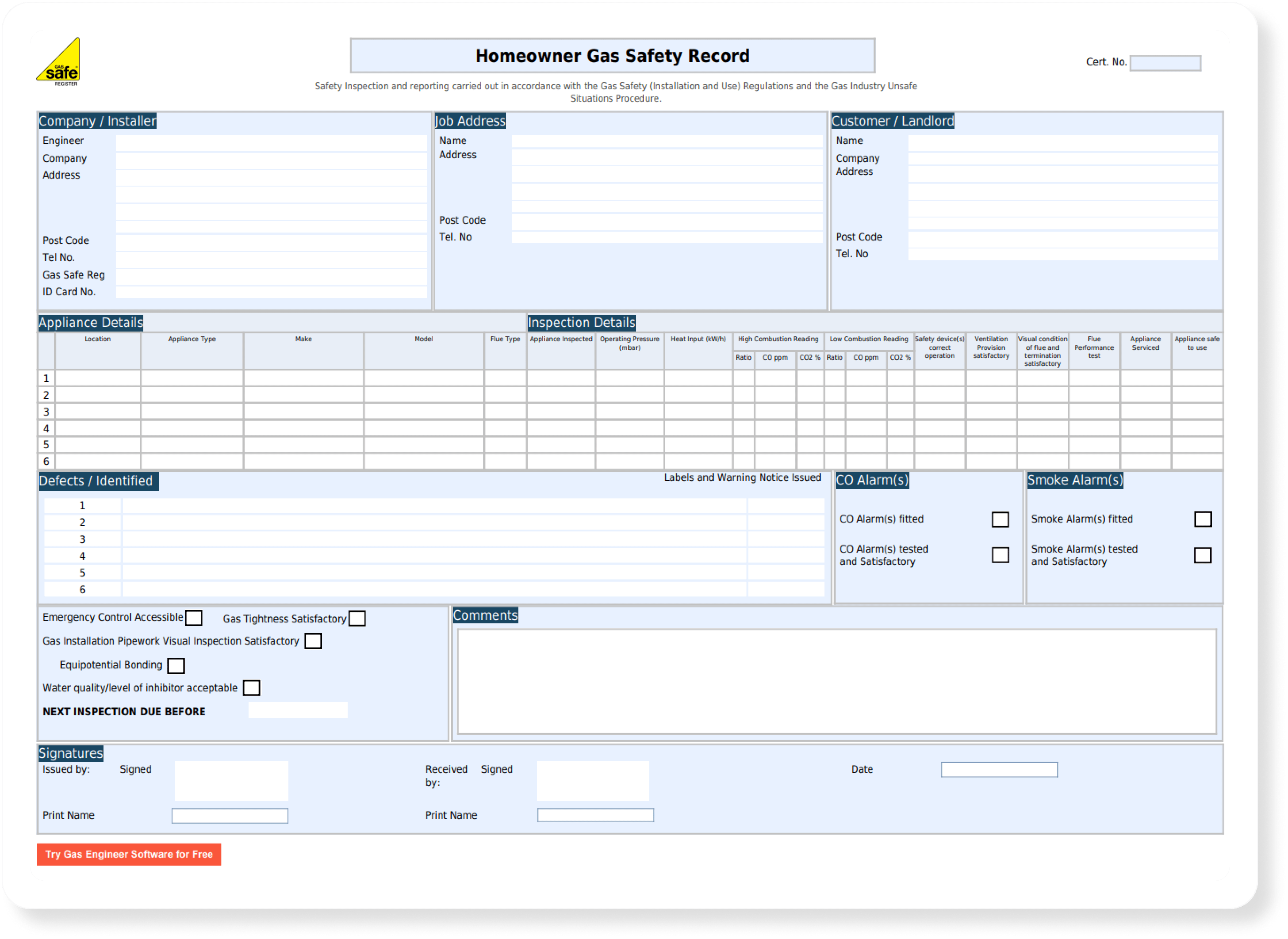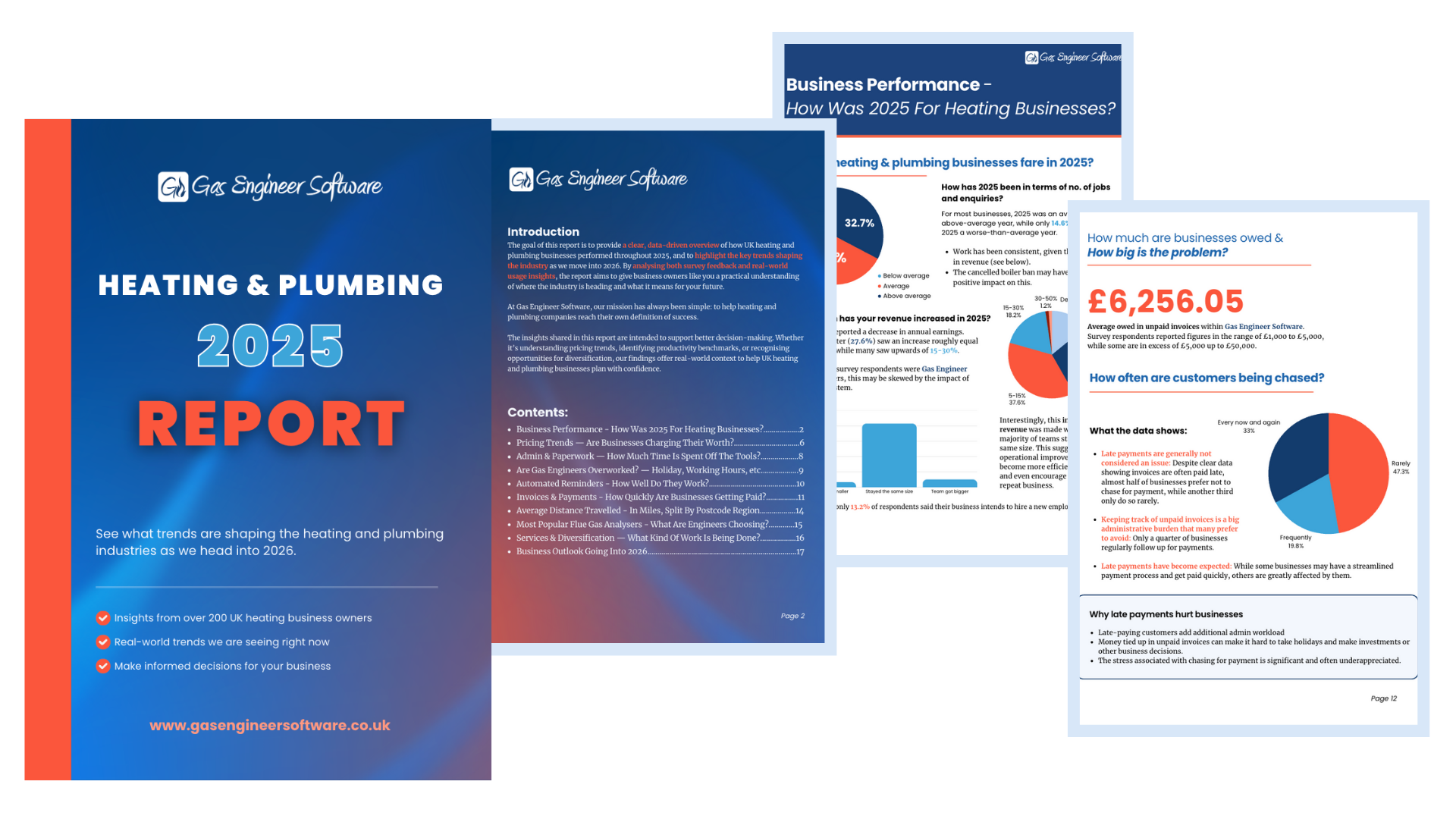Is it Worth Doing Heat Pump Installations as a Heating Installer?
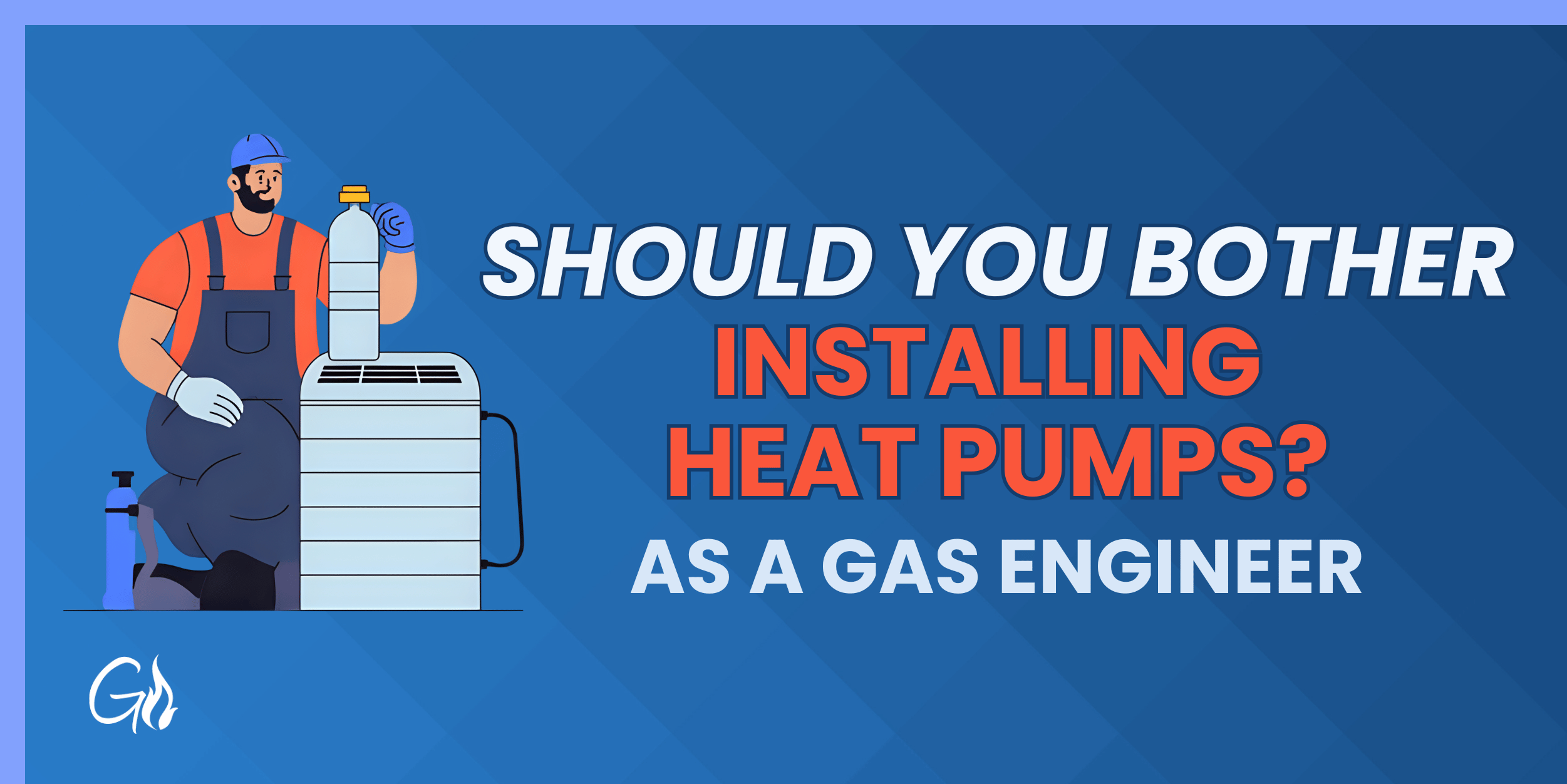
Heat pumps are at the centre of the UK government’s net zero strategy. On paper, they’re an excellent technology: low-carbon, efficient, and already common across Europe…but the day-to-day reality for heating engineers doesn’t always line up with that vision.
Some spend countless hours on quotes only to find that actual installations are few and far between, while others have made it their main service offering.
That leaves a big question: is it worth your time and money to get into heat pump installations?
KEY TAKEAWAYS
- Customer cost is the biggest barrier – with installs reaching £15,000–£20,000 unsubsidised, most homeowners end up opting for a gas boiler. However, modern solutions are bringing the cost down.
- Dabbling rarely works – engineers who treat heat pumps as an add-on struggle, while those who specialise can make it viable.
- Training and certification matter – manufacturer courses often fall short; independent training and MCS (or umbrella schemes) are essential.
- Quoting is time-consuming – without the right tools or solutions, you can sink hours into heat loss calculations and quotes.
- Process is everything – targeting the right homes and using software to manage multi-day installs gives you the best chance of success.
The £15,000 Hurdle: Why Customers Hesitate
The biggest obstacle for customers is typically cost. A full heat pump installation can run upwards of £15,000–£20,000 when taking into considerdation the cost of new pipework, radiators, insulation, and so on. Even with support from the Boiler Upgrade Scheme, that’s a hefty sum compared to the £2,000–£3,000 price tag of a standard boiler swap.
A lot of this causes upheaval for the customer. The promise of a more efficient system that will pay itself off in 10+ years is not an easy sell for most customers, especially when they have to wait days for a proper quote with heat loss calculations and system design.
For you, the installer, this creates a huge drain on time with no guarantee of a job after the fact.
Add in the upfront investment in training and the need for MCS certification (or access via an umbrella scheme), and you can see why many engineers remain cautious.
But all of this is changing.
Heat pump technology is constantly improving—but there are also companies offering smart solutions to the heat pump problem.
Adia Thermal for one are designing a product that makes heat pump installations smoother for both installers and homeowners.
How are they doing this?
- A pre-plumbed unit – that keeps the heat pump on a separate, high flow rate and low ΔT. It replaces the pump, diverter, buffer, controls, and monitoring in one package, and essentially creates an environment where the heat pump can operate more like a gas boiler.
- Quick to fit – with this system, homeowners won’t have to change all of their radiators to get a heat pump working efficiently from day 1.
- Auto-balancing radiators – saves time on setup and ensures the system runs efficiently & independently in each room.
- Remote diagnostics – reduces the need for callouts and makes ongoing support simpler.
This, together with the year-on-year increase in heat pump installations, presents a compelling argument for them.
Take a look at this graph showing the increase in Government-subsidised heat pump installations:
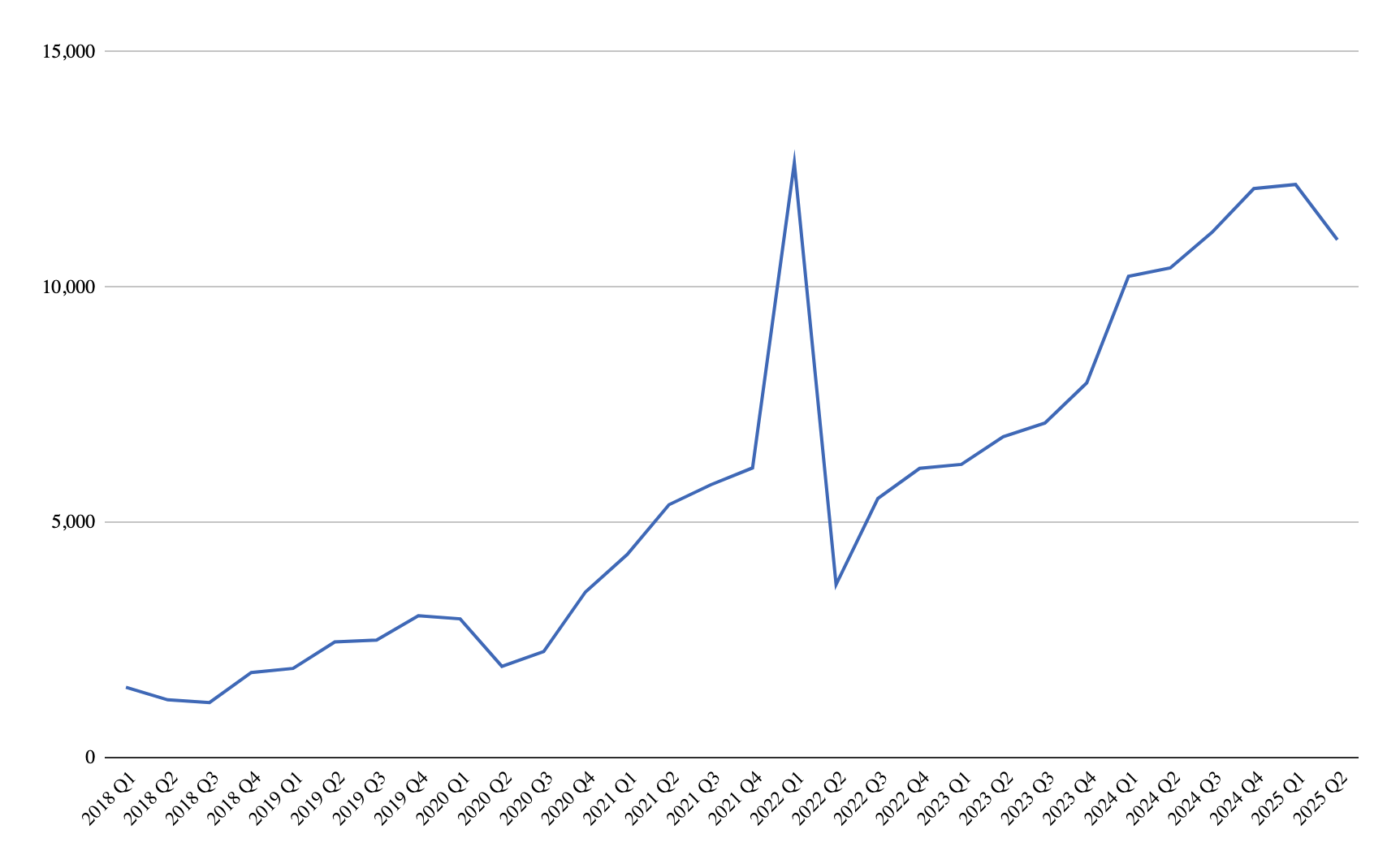
Source: https://www.gov.uk/government/collections/heat-pump-deployment-statistics
Dabbling vs. Specialising: Why You Have to Commit
If you’ve just completed your heat pump training, it’s tempting to dabble in the space and offer a few installations here and there. If you aren’t using solutions like Adia Thermal, the time spent on training, quoting, and system design probably won’t be justified by the handful of jobs you might win.
On the other hand, those who decide to go all in on heat pumps and make them a core service tend to see much more success.
The consensus in heating circles is fairly unanimous: if you want to succeed, heat pumps can’t just be a sideline. They require commitment, marketing, and a clear focus on the right customers.
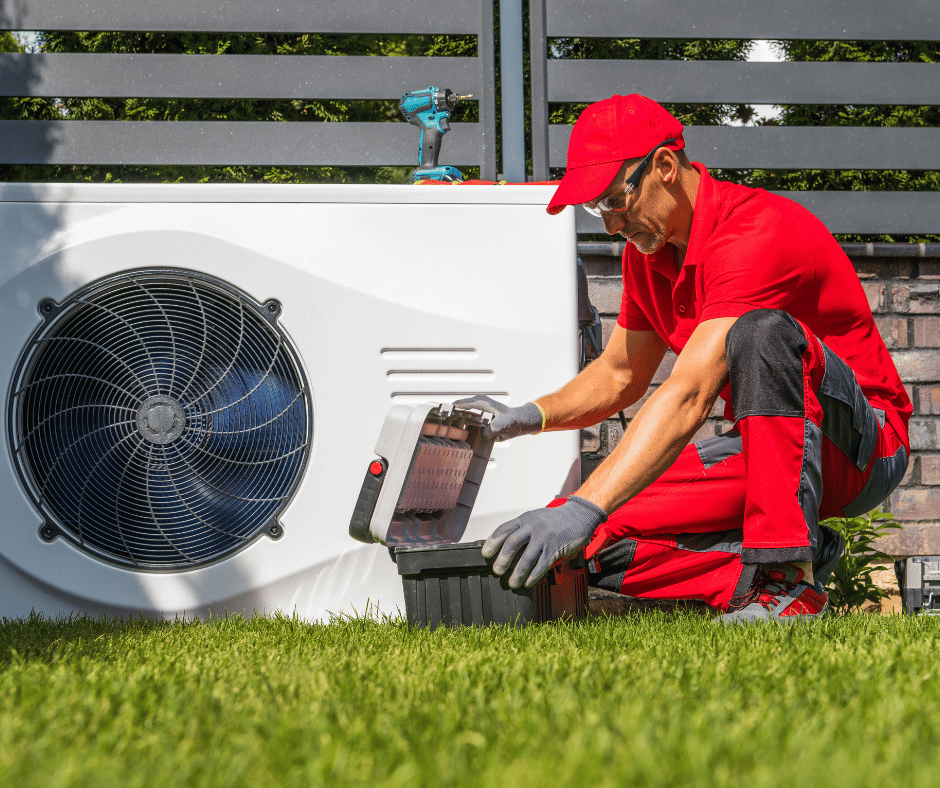
Training and Certification: Getting It Right
Training is another big factor. While manufacturer-led courses are useful for a hands-on introduction, many engineers find them too basic. Independent courses go much deeper into system design, giving installers the confidence to handle real-world jobs.
Certification is also essential. To access government-funded work, you’ll need MCS approval. If you’re not ready for that step, umbrella schemes can offer a more accessible route.
How to Manage the Complexity (and Improve Your Chances of Success)
Heat pumps aren’t just longer boiler jobs. They’re complex projects that demand careful planning, customer education, and multiple days on site. That being said, they can be very profitable if done right and have a bright future ahead of them.
To give yourself the best chance:
- Learn how to quote properly
Don’t just present a big number — break it down clearly so the customer understands what they’re paying for. Consider adopting solutions like Adia Thermal to simplify the process and make your quotes more persuasive.
On these more expensive jobs, it will also benefit you hugely to present a quote that looks professional and has your logo. Gas Engineer Software makes this a very easy task.
- Identify the right homes
Not every property is suitable. Focus on jobs where the heat pump makes financial sense — for example, well-insulated homes or customers motivated by long-term energy savings.
- Use the right tools to stay organised
Heat pump installs can take several days and involve multiple steps.
Job management software helps by:
-
- Building detailed, itemised quotes.
- Scheduling multi-day installs without clashes.
- Keeping records, certificates, and communications in one place.
By approaching heat pumps selectively and professionally, you’ll avoid wasted time and give yourself a far better shot at success.
The Bottom Line
The UK heat pump market is a tale of two halves.
For most engineers, dabbling is risky. The jobs are complex, the conversion rates are low, and the time investment is high. But for those who fully commit, there is a clear opportunity.
The successful heat pump installers are carving out a niche, building expertise, and winning consistent work—and you could be one of them.
Invest in proper training, use the right tools, and focus on the homes where heat pumps really make sense.
